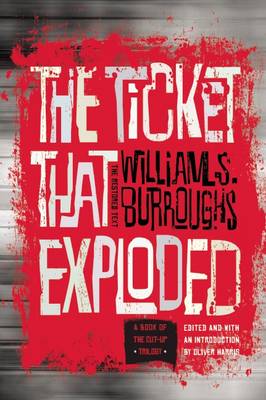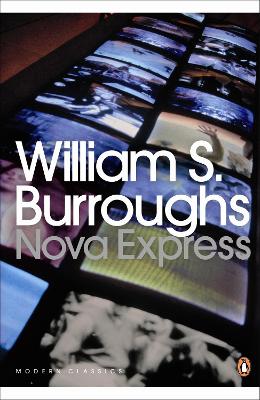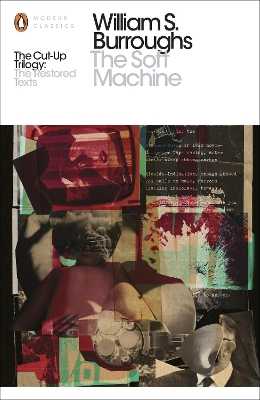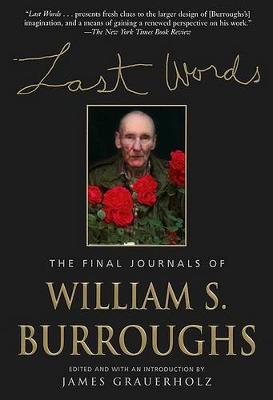Burroughs, William S.
6 total works
Word Virus the William S. Burroughs Reader the William S. Burroughs Reader
by William S. Burroughs
An outrageous hybrid of pulp science fiction, obscene experimental poetry, and manifesto for revolution, The Ticket That Exploded is a last chance antidote to the virus of lies spread by the ad men and con men of the Nova Mob, a call to arms against those driving our planet toward the point of destruction. Like the other two volumes of Burroughs' Cut-Up Trilogy, The Soft Machine and Nova Express, it is today as fresh in its form and as urgent in its message as it has ever been.
Edited and introduced by renowned Burroughs scholar Oliver Harris, this new edition reveals how the book's cultural reach has expanded with the viral logic of Burroughs' multi-media creative methods.
A terrifying, surreal space-age odyssey, The Soft Machine initiated Burroughs' Cut-Up Trilogy that includes Nova Express and The Ticket That Exploded. The book draws the reader into an unmappable textual space, where nothing is true and everything is permitted, to make a total assault on the colonising powers of planet earth that have turned us all into machines.
Edited and introduced by renowned Burroughs scholar Oliver Harris, this new edition clarifies for the first time the extraordinary history of The Soft Machine's writing and rewriting, demolishing the myths of Burroughs' chance-based writing methods and demonstrating for a new generation the significance of his greatest experiment.
It is the purest, most personal work ever presented by this writer, an a poignant portrait of the man, his life and his creative process - one that never quit, even in the shadow of death.




